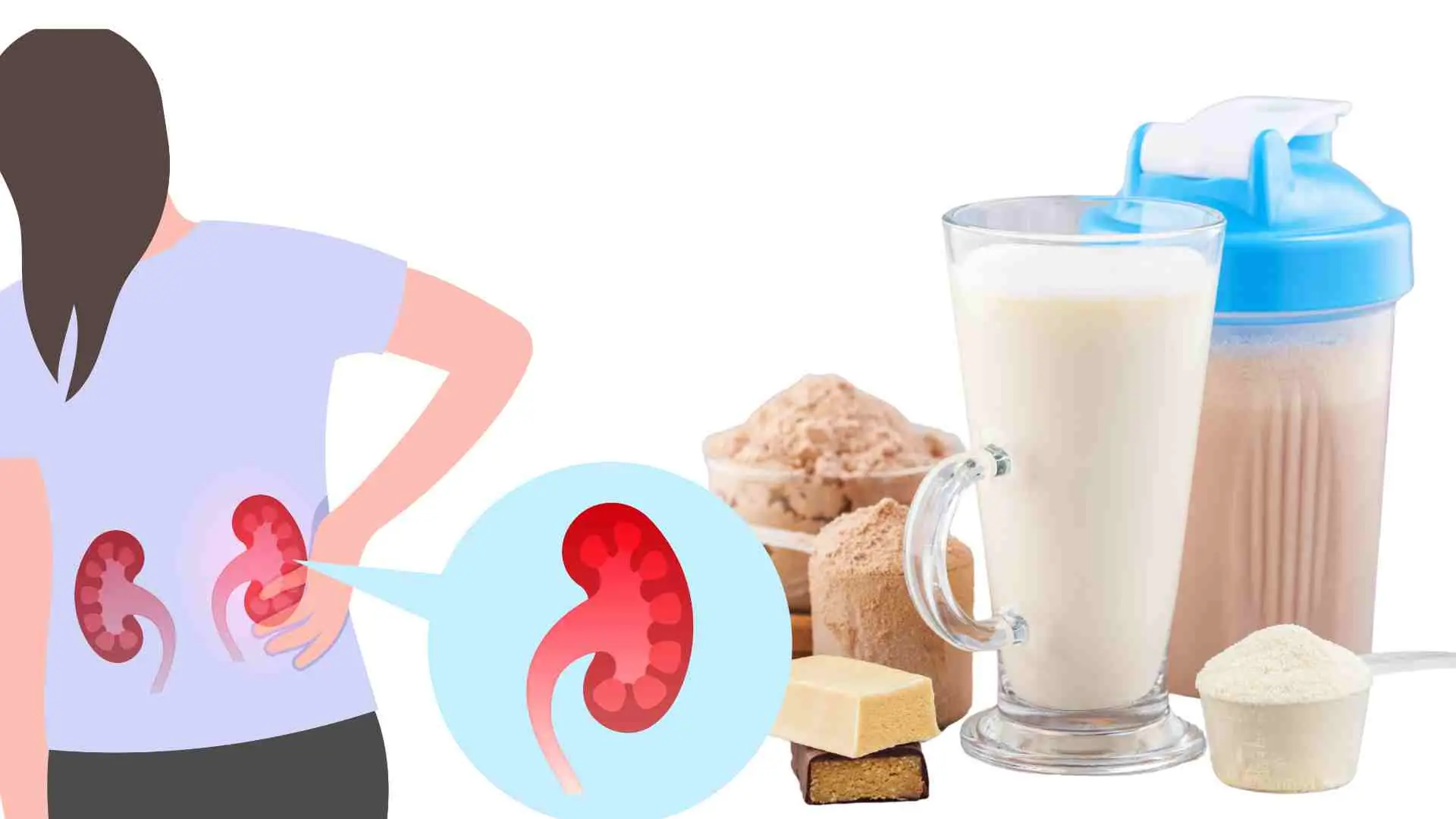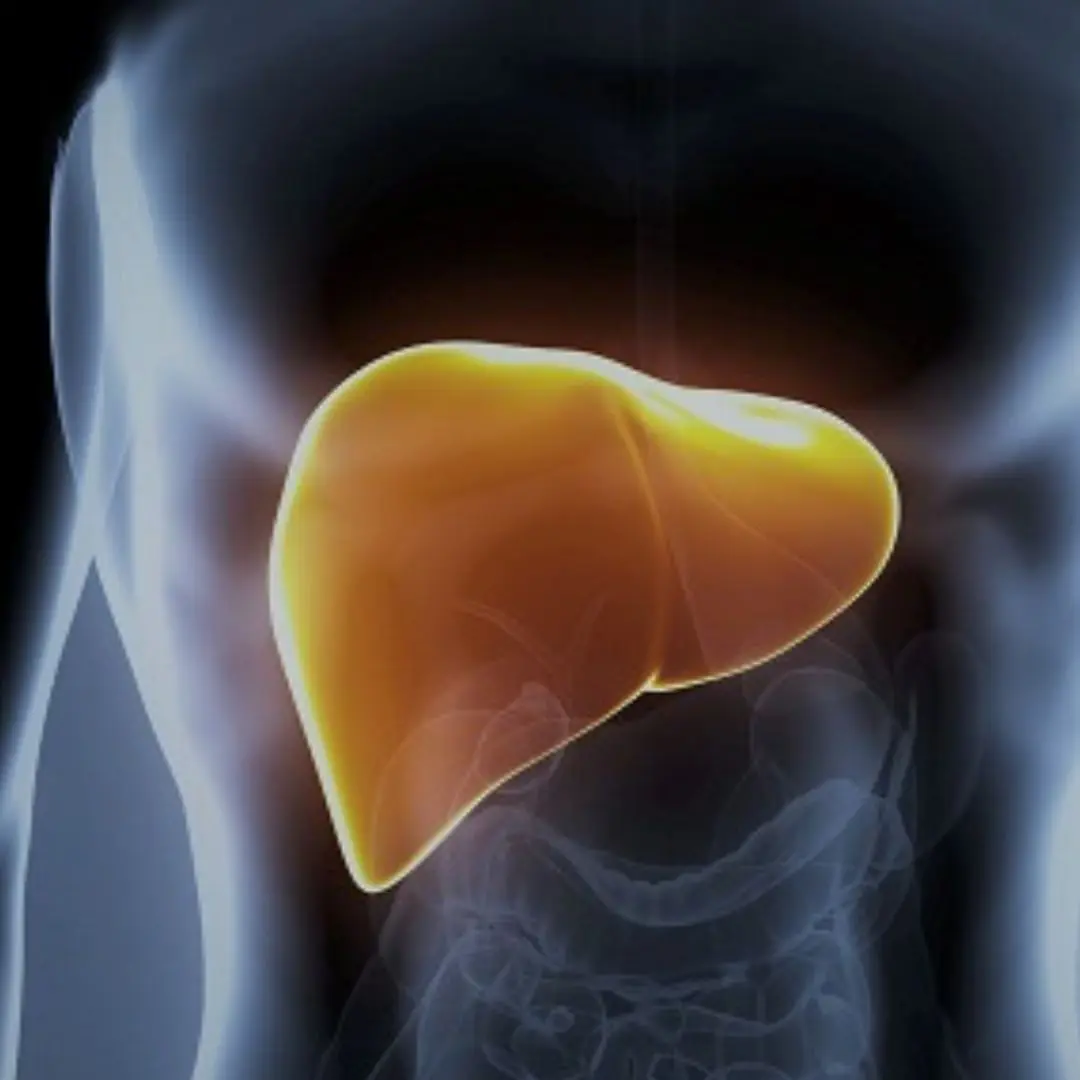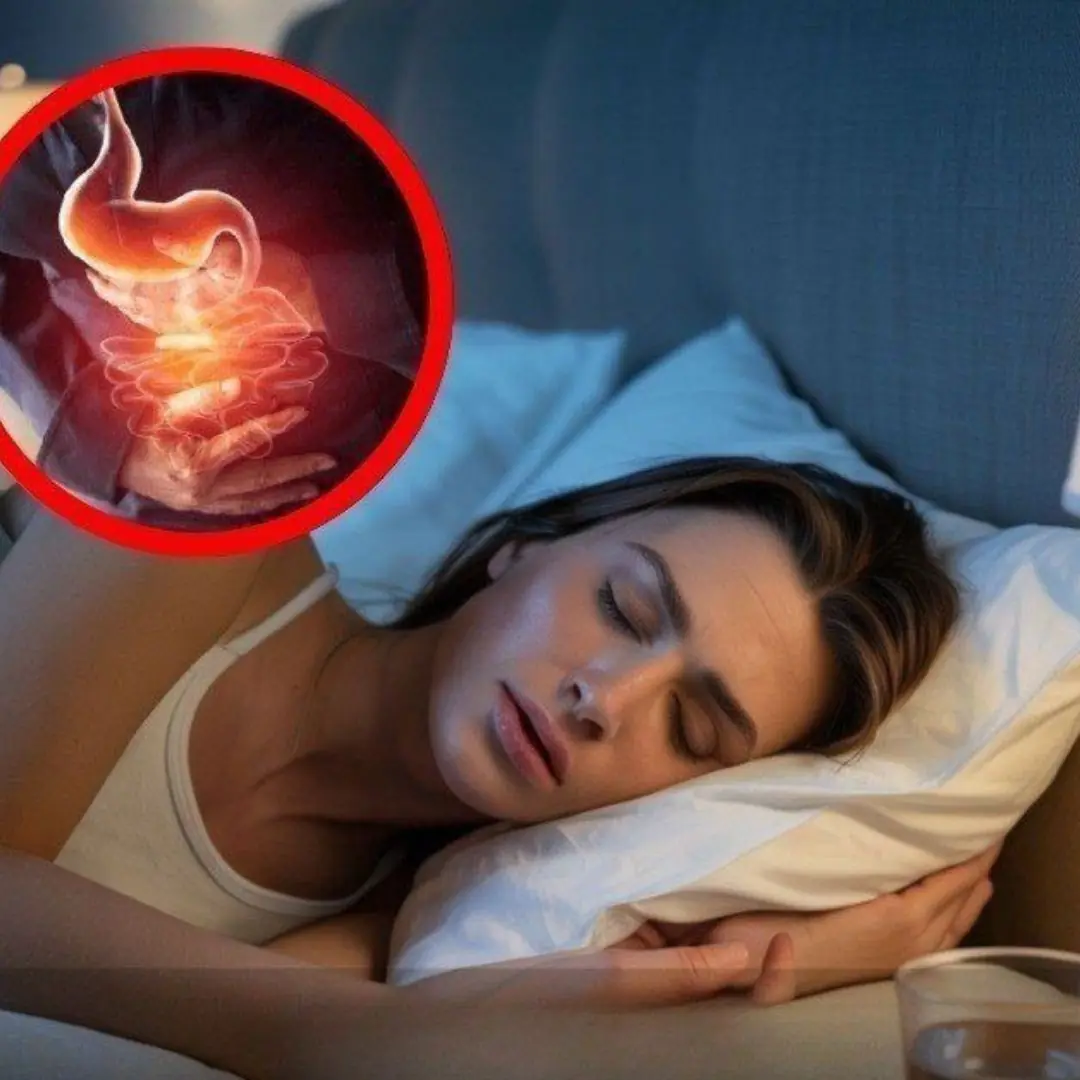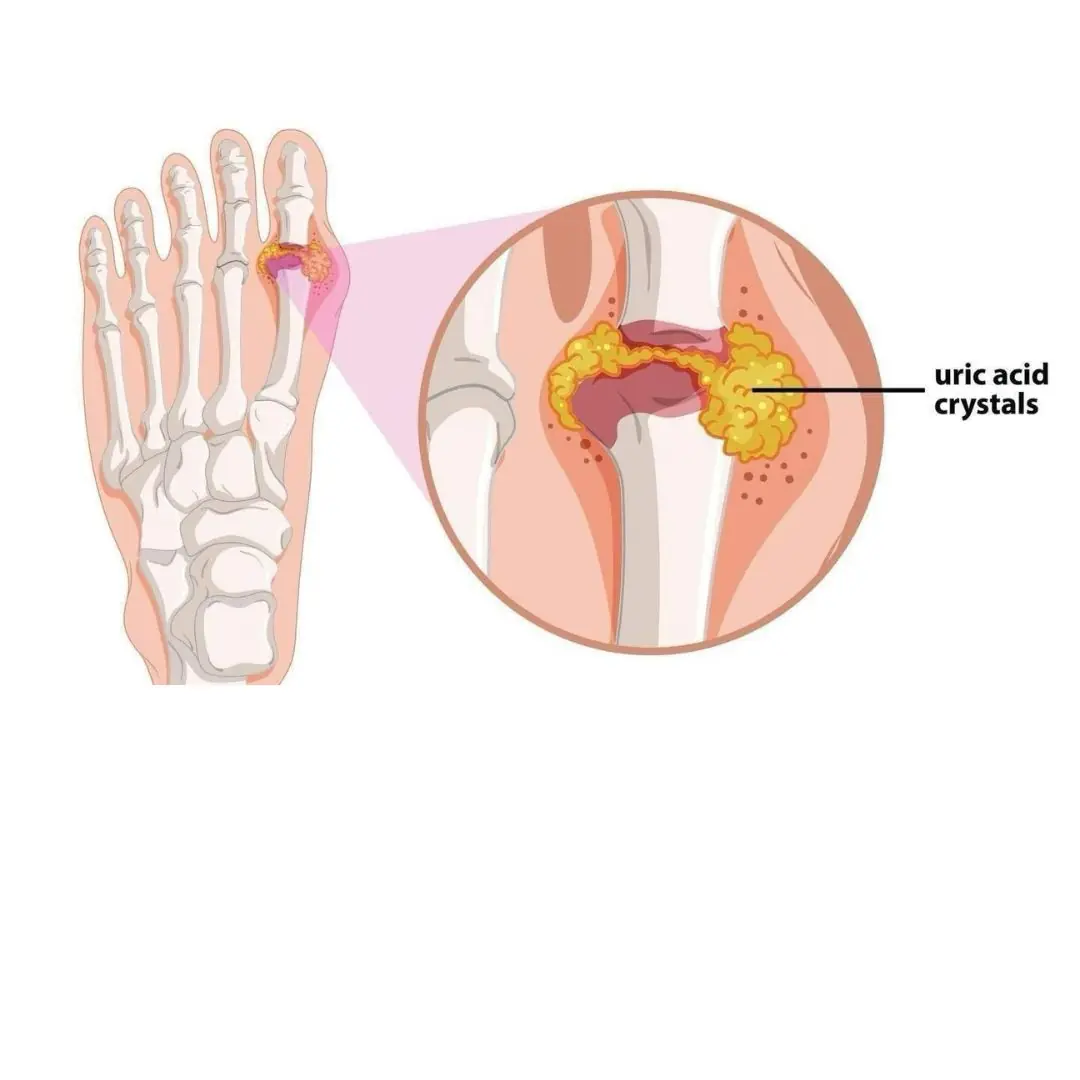
Should you really eat an egg every day? Here’s what science says about cholesterol
Eggs are one of the most versatile and nutrient-packed foods on the planet — yet they’ve also been one of the most misunderstood. For decades, people avoided eggs for fear they’d raise cholesterol and increase heart disease risk. But today’s science tells a different story.
So, is eating one egg a day really bad for your heart? Let’s crack open the facts. 👇
Eggs: small but mighty in nutrition
Eggs are a powerhouse of high-quality protein, vitamins, and essential minerals like selenium, vitamin D, and choline — all of which support brain function, muscle repair, and long-lasting satiety.
Whether boiled, poached, or scrambled, eggs provide complete amino acids that help build and repair cells. In fact, one large egg contains about 6 grams of protein for just 70 calories — a nutritional bargain.
But what about that cholesterol everyone worries about?
The cholesterol confusion — good vs. bad cholesterol
Cholesterol itself isn’t the villain it’s made out to be. In fact, your body needs cholesterol to produce hormones, vitamin D, and bile acids that help digest fat.
There are two main types of cholesterol:
-
LDL (Low-Density Lipoprotein) — often called the “bad” kind because it can build up in artery walls, increasing heart disease risk.
-
HDL (High-Density Lipoprotein) — the “good” kind that helps remove excess LDL from the bloodstream.
As clinical nutritionist Khushma Shah explains:
“Your liver naturally produces cholesterol. Foods like eggs or cheese contribute to your overall levels, but the real issue isn’t cholesterol itself — it’s how much saturated and trans fat you consume.”
How much cholesterol is in an egg?
Most of the cholesterol in eggs comes from the yolk — about 186 mg per egg. While that sounds high, research shows that dietary cholesterol doesn’t impact blood cholesterol as much as once believed.
Your liver actually adjusts how much cholesterol it makes based on what you eat. When you consume more from food, it produces less.
A 2018 study by Harvard Health Publishing and later reviews confirm that the real culprits raising LDL cholesterol are saturated fats and trans fats — commonly found in processed meats, butter, and pastries — not the cholesterol from eggs.
What does research say about daily egg consumption?
The largest study on eggs and heart health, conducted in China with over 500,000 participants, found that people who ate one egg per day had a lower risk of heart disease and stroke compared to those who rarely ate eggs.
Another analysis from Northwestern University found only a minimal link between egg consumption and heart disease — likely influenced by the overall diet rather than eggs alone.
In other words: it’s not the egg — it’s what you eat it with. 🍽️
The right (and wrong) way to eat eggs

✅ Heart-healthy pairings: Combine eggs with vegetables, herbs, or whole grains for balanced nutrition. Think: boiled eggs with avocado toast or scrambled eggs with spinach and tomatoes.
❌ What to avoid: Pairing eggs with bacon, butter, or cheese adds saturated fat — the real driver of bad cholesterol.
When it comes to cooking, opt for boiled, poached, or steamed eggs instead of frying. Using minimal oil preserves nutrients and reduces unnecessary calories.
How many eggs are safe per day?
For most healthy adults, one to two eggs a day is perfectly safe. Even people with mildly elevated cholesterol can enjoy eggs in moderation as part of a balanced diet.
The key is variety and moderation. Combine eggs with fruits, vegetables, and whole grains — and keep your saturated fat intake low.
The bottom line
Eggs don’t deserve their bad reputation. They’re nutrient-dense, affordable, and — when eaten right — can actually support heart health.
So yes, you can absolutely enjoy an egg (or two) a day. Just remember: it’s not about the cholesterol in the egg — it’s about the company it keeps on your plate. 🥗
News in the same category


Should you replace cooking oil with coconut oil? The truth might surprise you

A legacy of health: Soong Mei-ling – longevity and fight against can.cer

6 Health Benefits of Sleeping In a Cold Room and How to Make it Cooler- And Why You May Not Want to Use a Fan

What Happens To Your Body When You Drink Ginger Tea Every Day?

Why Coffee Is Called the Secret Anti-Aging Weapon for Women

What Really Happens to Your Body When You Skip Dinner for a Month

What those strange skin patterns might really mean

Do you know anyone with this mark on their ear? See what it means

What really happens when you eat eggs every day

How proper breathing can instantly reduce stre.ss

How much water should you drink to protect your kid.neys and control uric ac.id?

Here’s What Really Happens When You Sleep with Socks On

The Heroic WWI Homing Pigeons That Saved Countless Lives

The Time You Eat Breakfast Could Reveal Your Health — and Even Your Lifespan

Soaking Fish in Rice Water: A Simple Trick to Make Fish Tastier and Twice as Nutritious

What Happens When You Drink Matcha Every Day?

When someone in the family passes away, never throw away these 4 things at their funeral

Why foreigners rarely use phone cases? Turns out it's because of this reason
News Post

7 warn.ing signs your body is begging for a detox

6 glow-boosting foods that make your skin look younger from the inside out

The dark side of protein shakes: Too much protein can silently dam.age your kid.neys

7 lifestyle changes that can transform your heart health

The humble superfood: why cabbage is a hidden hero for people with diabet.es

5 powerful drinks that boost your energy better than coffee

Science backs it up: 3 fruits that fight fatty liver, regulate sugar and cholesterol

The bedtime drink doctors say can improve your sleep and protect your kid.neys

9 surprising health benefits of black grapes you probably didn’t know

Are seed oils really healthy? Only if you use them like this

Should you replace cooking oil with coconut oil? The truth might surprise you

9 Habits That Can Dramatic.ally Cut Your Ri.sk of Disea.se

If your mouth feels dry at night, here are 8 reasons why

A legacy of health: Soong Mei-ling – longevity and fight against can.cer

Quick & Easy Ways To Flush Out Uric Acid And Prevent Gout

Boy approaches disabled cat – doesn’t realize the camera is recording his actions

Don’t Be Fooled by the Sweet Taste – 5 Fruits That Can Send Your Blo.od Fat Levels Out of Control!

5 Early Warning Signs of Kid.ney Failure You Shouldn’t Ignore
